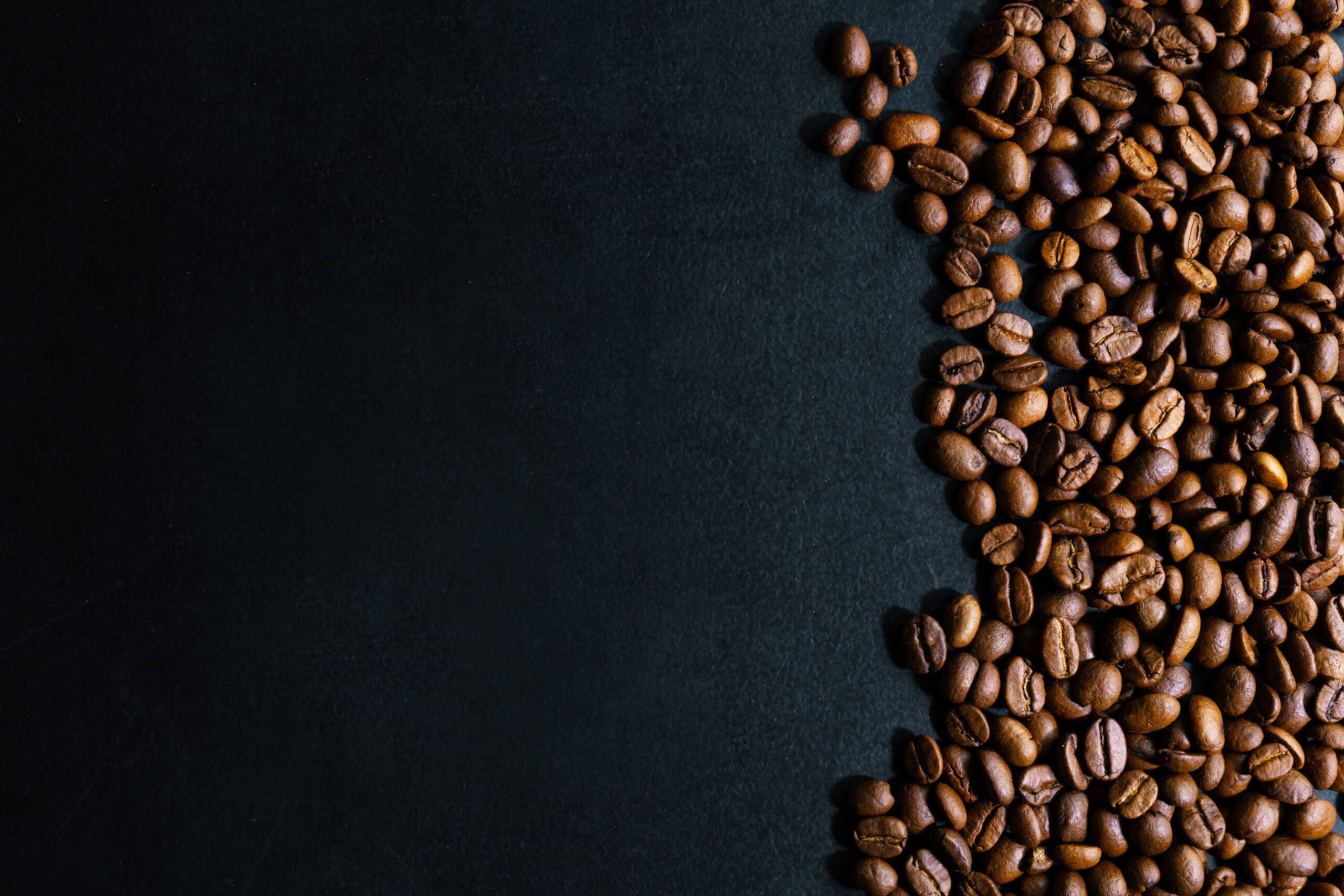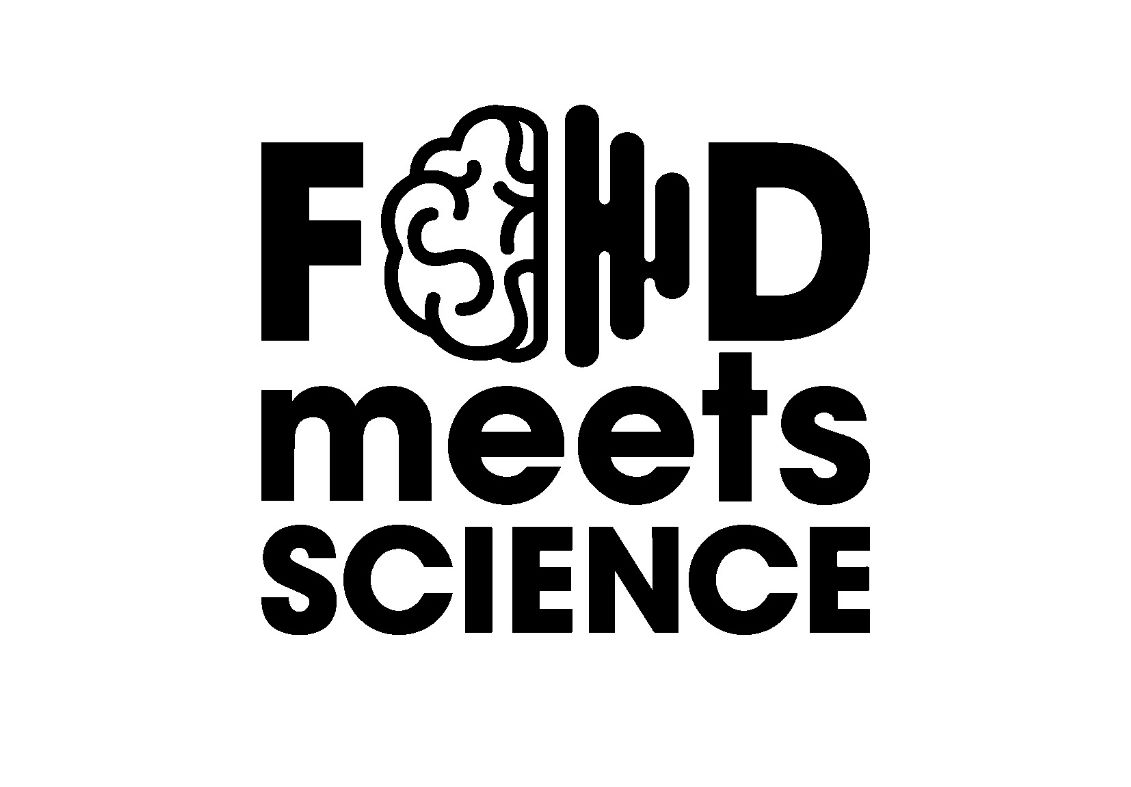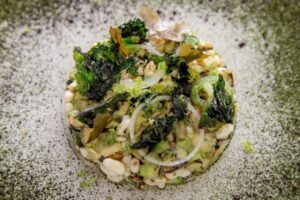
Is coffee good for you?

We often hear that drinking coffee is harmful and that you should not drink it too often or make it too strong. This controversial drink over the years was alternately criticized and praised. Popular websites advertise starting a day with a mug of sencha or a cup of matcha latte. Why does coffee have so many opponents? Let’s look at this more closely.
The wine of Islam
Coffee is a beverage made from roasted and then ground or instantized coffee bean, usually served hot. The instantiation process is about bringing a crushed or even powdered food product concentrate to such a state that it can be easily and quickly dissolved in water. Coffee comes from Ethiopia, and it appeared in Europe around the 16th century. It’s one of the most popular stimulants in the world and the main source of caffeine. Coffee is a word derived from the Arabic “quahwah” which means “wine” or “vegetable drink”. Coffe is sometimes refered to as “the wine of Islam”.
Where does coffee come from?
Coffee is made from the fruit of the coffee tree. The coffee plant is a shrub or tree that is found in many species in Africa. The coffee berries are roasted and then ground. It is worth knowing that not all coffee fruits contain caffeine. Coffee, like tea, comes in many forms. The most common types are:
- green coffee, i.e. unroasted beans – it is the same coffee, but it has a different color because the beans are not roasted. It is very popular among people on a reduced diet. It facilitates the loss of unnecessary kilograms.
- roasted coffee – the most popular form of coffee. Black, aromatic beans are used to make fragrant coffee.
- ground coffee – simply ground-roasted coffee. It has much more active substances than instant coffee. It also has twice as much caffeine.
- instant coffee – an extract from roasted coffee. It is much gentler on our circulatory system. It also has less caffeine.
Coffee can be served in many different ways and new ones are being created all the time. What coffee do you most like to drink? Espresso, cappuccino, latte, flat white, americano, or maybe decaffeinated coffee?
Coffee and health
Why do we drink coffee? Coffee has a stimulating effect due to its high caffeine content. It improves the efficiency of thinking and reduces fatigue. Coffee also contains sodium, calcium, potassium, and magnesium. Researchers are quite unanimous – three or four coffees a day is the optimal dose. An adult can consume up to 400 mg of caffeine a day – that’s four cups of decent, strong coffee. Yes, it is possible to overdose. Common symptoms include headache, nervousness, irritability, over-stimulation and excitement, and even anxiety.
Coffee is also widely used in cosmetics. It improves the appearance of the skin and reduces cellulite. Coffee grounds make perfect body scrub in the spirit of “zero waste”!
Opponents of coffee point to its many disadvantages:
- feeling anxious
- physical addiction to coffee
- difficulty falling asleep;
- increased risk of a heart attack
Coffee drinkers also have a lot to say about coffee’s benefits:
- reducing the risk of cirrhosis
- improvement in concentration
- improvement of digestive processes
- acceleration of metabolism
- lower risk of developing gallstones in men and Parkinson’s disease
- preventing the development of caries
And you? Are you an opponent or a fan of drinking coffee?









Post a comment